The Seeds Have Bloomed: Women Making History
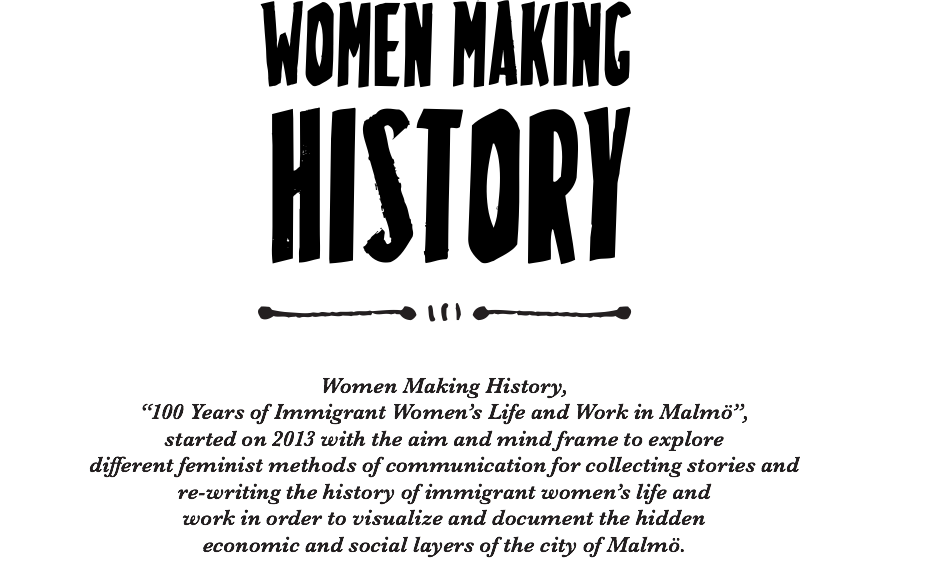
For the last three years movement Women 100 (Hundred Years of Immigrant Women’s Life and Work in Malmö) has been trying to make visible and recognize immigrant women’s life and work in Malmö. These stories are collected in the 4th Women 100 Newsletter that has just been released.
The newsletter reflects the continuation of exercises, conversations and methods aiming to visualize and unfold stories of immigrant women in Malmö. However, not as boxed and finished stories but as processes of participation and exchange. Newsletter no 4 (No 2, 2015) edited by initiators Parvin Ardalan and Mamak Babak-Rad among others is a collection of articles, visual essays, and montages depicting different methods of participation, immigrant stories and engagement around life and work in the city.
Feminist Dialog initiated the project or movement, partnering with Malmö City, Malmö Museum, ABF Malmö (Workers’ Educational Organisation), The City Archive, researchers as Malmö University, and not least women networks, organizations and individuals. Seminars, lectures, exhibitions, and workshops with group conversations and thematic work around e.g. interviewing, archiving, cartoon storytelling, and Roma life in Malmö, have taken place the last 2 years.
Malmö University’s Erling Björgvinsson and Anders Høg Hansen, Ørecomm member, have been involved from the beginning, as partners in development of methods, documentation and research on the movement – as part of the Living Archives project. Erling is now PARSE professor of design at University of Gothenburg, but still a researcher on Living Archives, while Anders is a teacher/coordinator on the MA in Communication for Development and involved in Living Archives and other research activities.
From a Communication for Development and Ørecomm perspective the various forms of mediating old and new Malmö identities, complex and in process, have been exciting and challenging. How to let people articulate their hi/stories, and to make visible unwritten and unrepresented aspects of the city’s past and present? The movement embraces the historical and the contemporary and among several key ideas – as sought reflected in the newsletter’s documentation of activity – the aim has been to mobilize (living) archives as social resources and reservoirs where alternative people’s histories may pose new ways of living, working and being in Malmö.
Newsletter no 4 (No 2, 2015) edited by initiators Parvin Ardalan and Mamak Babak-Rad among others is a collection of articles, visual essays, and montages depicting different methods of participation, immigrant stories and engagement around life and work in the city. You can learn more about Women Making History here.
Image via Women Making History.
 New PhD opportunities at the University of Leicester
New PhD opportunities at the University of Leicester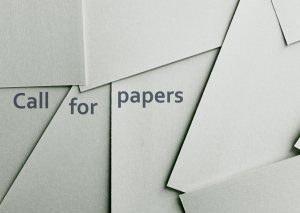 Call for Abstracts: New Directions in Media, Communication and Sociology (NDiMS) Conference
Call for Abstracts: New Directions in Media, Communication and Sociology (NDiMS) Conference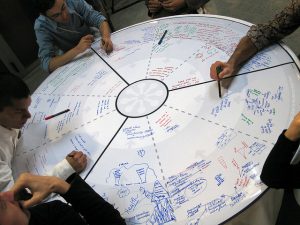 Ørecomm Team to Gather at the University of Coimbra
Ørecomm Team to Gather at the University of Coimbra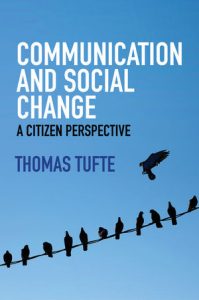 “Communication and Social Change – A Citizen Perspective” Published
“Communication and Social Change – A Citizen Perspective” Published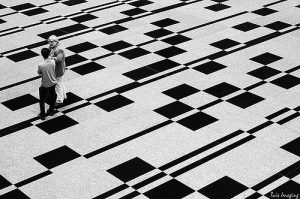 C4D Network to Sum Up Global Communication for Development Practice
C4D Network to Sum Up Global Communication for Development Practice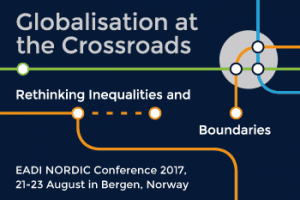 Entering Media and Communication into Development Conferences?
Entering Media and Communication into Development Conferences?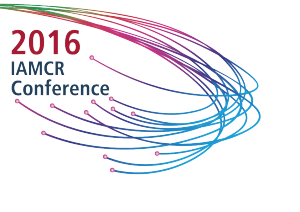 IAMCR Conference 2016: Communication for Development Highlights
IAMCR Conference 2016: Communication for Development Highlights Glocal Classroom Revisited – Storytelling & Social Change Leicester-Malmö
Glocal Classroom Revisited – Storytelling & Social Change Leicester-Malmö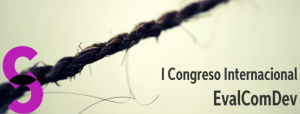 I EvalComDev International Conference: Call for Papers
I EvalComDev International Conference: Call for Papers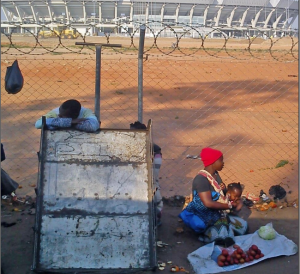 Looking for Media and Communication in Development Conferences: Devres 2016
Looking for Media and Communication in Development Conferences: Devres 2016